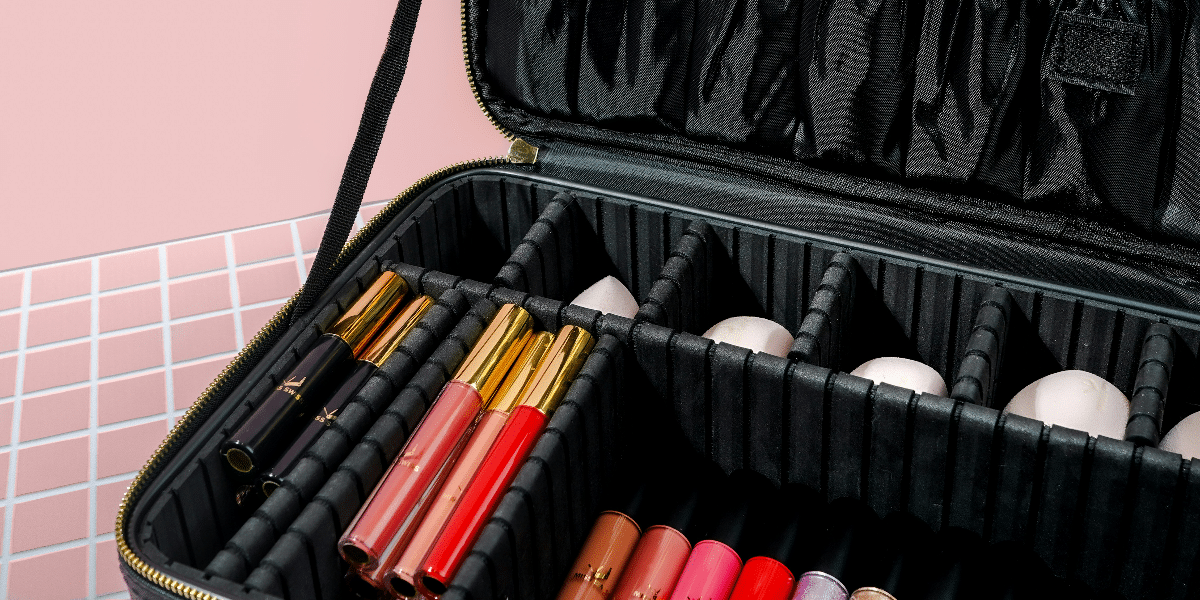Why Is Clean Beauty Becoming So Popular?
The movement toward safer, more ethical beauty products is reshaping how people approach their skincare and makeup routines. With growing awareness about harmful chemicals in traditional products, consumers are increasingly choosing options that prioritize natural, non-toxic ingredients. This shift is about more than just personal health—it’s a statement about aligning beauty practices with broader values.
Products in this category are formulated to be free of harmful, synthetic additives. Instead, they use safer, plant-based alternatives that are gentler on the skin and better for the environment. Brands like Tata Harper and Herbivore have risen to prominence, offering formulations designed to nourish both individuals and the planet.
Transparency plays a key role in this change. Shoppers now seek detailed information about what’s in their skincare and makeup, turning to labels that highlight terms like “paraben-free,” “cruelty-free,” and “plant-based.” This openness builds trust between brands and consumers, strengthening loyalty.
This shift toward safer formulations and ethical practices reflects a larger cultural movement. Today’s beauty routine isn’t just about looking good; it’s part of a holistic lifestyle prioritizing health and sustainability. The impact is clear—this trend has redefined the industry, moving from niche interest to mainstream expectation.
How Does Clean Beauty Promote Sustainability?
The demand for ethical beauty practices has naturally led to more sustainable approaches in the industry. Traditional production methods often contribute to environmental degradation, but this movement is challenging those norms by prioritizing eco-friendly solutions.
Sustainable packaging has become a central focus. Many brands are turning to recyclable, refillable, or biodegradable containers to reduce waste. Companies like Lush and Fenty Skin are leading by example, offering innovative designs such as solid bars without plastic or glass jars that can be reused.
Ethical sourcing is another cornerstone of this approach. Ingredients like shea butter or argan oil are often obtained directly from farmers through fair trade agreements. This ensures the communities involved in production benefit while natural ecosystems remain protected.
Additionally, many brands are reducing their water usage by developing waterless formulations. These products offer the same high performance while conserving one of the planet’s most vital resources.
The emphasis on sustainability shows that the beauty industry can combine effectiveness with environmental responsibility. By focusing on these practices, the movement offers solutions that benefit consumers and the planet alike.
What Does the Future of Clean Beauty Look Like?
The future of the beauty industry is evolving rapidly, driven by consumer demand and new technologies. Brands are exploring innovative ways to meet the need for safer, more sustainable products while maintaining high performance.
Biotechnology is paving the way for major changes. Lab-grown alternatives to natural ingredients, such as hyaluronic acid or collagen, are reducing the need for large-scale harvesting. These innovations protect biodiversity while offering reliable, sustainable solutions.
Transparency will continue to play a significant role. Certifications like “EWG Verified” and “Leaping Bunny” ensure products meet strict safety and ethical standards. As these certifications gain visibility, consumers will have clearer guidance when choosing products that align with their values.
Refillable and subscription-based packaging models are also gaining traction. These systems minimize waste while providing convenience, appealing to eco-conscious shoppers looking for sustainable solutions without compromising usability.
The movement will likely expand beyond skincare and makeup, incorporating personal care and wellness products like shampoo, sunscreen, and aromatherapy. Consumers increasingly want every aspect of their routine to reflect their commitment to ethical and sustainable living.
This transformation of the beauty industry signals a shift in priorities, where wellness, ethics, and environmental stewardship are at the forefront. With consumers demanding more accountability and brands responding with innovation, the future promises a better balance between beauty and sustainability.







